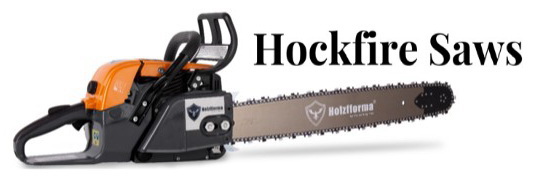Steve
Excellence!
- Local time
- 1:56 AM
- User ID
- 639
- Joined
- Jan 21, 2016
- Messages
- 8,469
- Reaction score
- 45,512
- Location
- Missouri
When I was a tech, the Ford 4.6 and 5.4 motors were solid as it gets. I honestly don't remember my shop ever getting into one and many we saw were north of 200k. Now, the truck surrounding them often was a different story.
I wouldn't buy a new Ford unless it is an F250 and up with the 6.7 powerstroke. All of the turbo engines are just terrible reliability. Bad head gaskets, bad blocks on the 2.0 and 1.5






